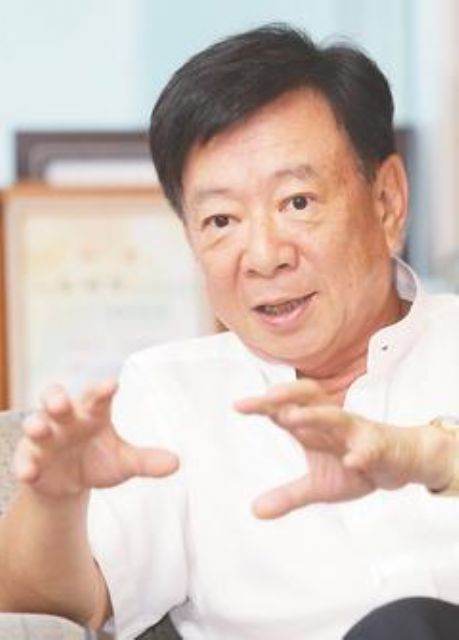Bio+ICT, Next Diamond for Taiwan: Hukui Chairman Hsuan
2014/08/25 | By Quincy LiangJohn Hsuan, chairman of a new local biotech company Hukui Biotechnology Corp. and honorary chairman of semiconductor company United Microelectronics Corp (UMC), recently pointed out that the biotechnology + information and communication technology (ICT) is expected to become Taiwan's next "diamond" industry.

He said that many talented biotech professionals have been returning to Taiwan in recent years, similar to a trend seen about 30 years ago, when returning overseas talent nourished the development of the island's ICT and semiconductor industries. Hsuan said that Hukui has invested in 10 medical equipment-related companies and would continue pouring more resources into related fields.
The Taiwan Bio Industry Organization (Bio Taiwan), National Chiao Tung University (NCTU), Hukui and National Applied Research Laboratories (NAR Labs) have also taken aim at the Bio+ICT sector. The three organizations jointly signed a Bio+ICT cooperation memorandum of understanding (MOU) to map out an innovative platform to power Taiwan forward in the ascendant sector.
C.Y. Chen, chairman of TBIO, claimed that if the local ICT industry can be integrated with the R&D results of the biotech sector, it could give rise to a new diamond-like industry in Taiwan. Y.H. Wu, principal of NCTU, urged more alliances and collaboration schemes on the island to upgrade Taiwan's global competitiveness in bioinformatics.
C.H. Lo, president of NAR Labs, pointed out that facing fierce competition and the challenges of globalization, Taiwan has to create new development momentum in its biotechnology industry through innovation, as well as apply its ICT strengths to biomedical fields.
Hsuan said that the aging society and widening high-tech applications are intensively changing the industry structure. For example, he said, future contact lenses can act as bio-sensors and monitors, and ICT will become more closely interwoven with the biomedical industry.
China is a high-potential market, Hsuan said, as its gross domestic product (GDP) has outstripped Japan's and is expected to surpass the United States in the future. Currently, China's average annual personal expense on healthcare is about US$300, much lower than US$8,600 in the United States and about US$1,500 to US$2,000 in Taiwan and Hong Kong, representing a big space for future development. In the future, the chairman added, per capita spending on health in China is expected to rise to at least US$1,000, creating a potentially huge market in view of the country's 1.3 billion population.
Hsuan noted that the biotechnology industry encompasses a wide range of fields, all requiring intensive development. The rapidly rising sector is bound to have a major impact on the global economy. Hsuan said that his company expects to cooperate with local players to jointly develop a new way forward for Taiwan.

